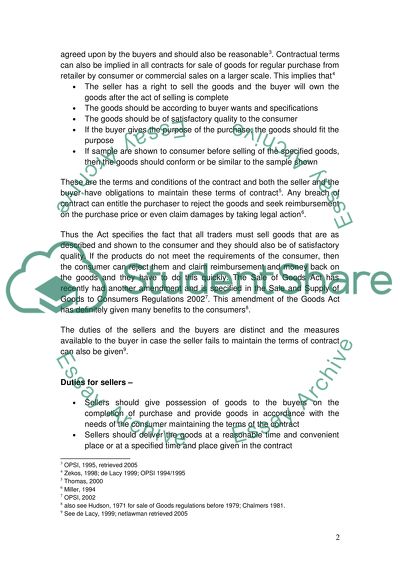Cite this document
(“Does the Sale of Goods Act 1979 Put too Much Emphasis on the Concept Research Paper”, n.d.)
Does the Sale of Goods Act 1979 Put too Much Emphasis on the Concept Research Paper. Retrieved from https://studentshare.org/law/1518437-sale-of-goods-act-1979-essay
Does the Sale of Goods Act 1979 Put too Much Emphasis on the Concept Research Paper. Retrieved from https://studentshare.org/law/1518437-sale-of-goods-act-1979-essay
(Does the Sale of Goods Act 1979 Put Too Much Emphasis on the Concept Research Paper)
Does the Sale of Goods Act 1979 Put Too Much Emphasis on the Concept Research Paper. https://studentshare.org/law/1518437-sale-of-goods-act-1979-essay.
Does the Sale of Goods Act 1979 Put Too Much Emphasis on the Concept Research Paper. https://studentshare.org/law/1518437-sale-of-goods-act-1979-essay.
“Does the Sale of Goods Act 1979 Put Too Much Emphasis on the Concept Research Paper”, n.d. https://studentshare.org/law/1518437-sale-of-goods-act-1979-essay.


